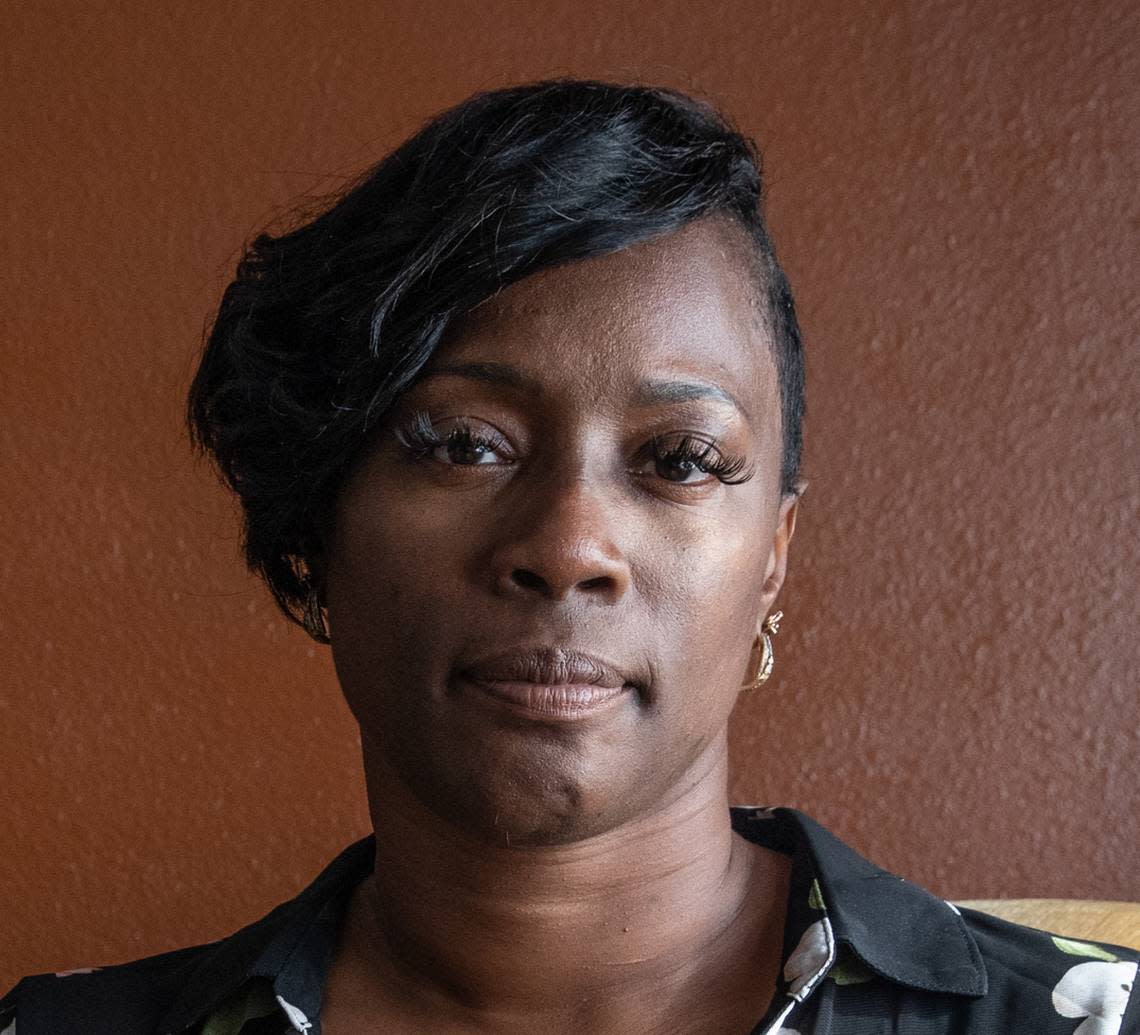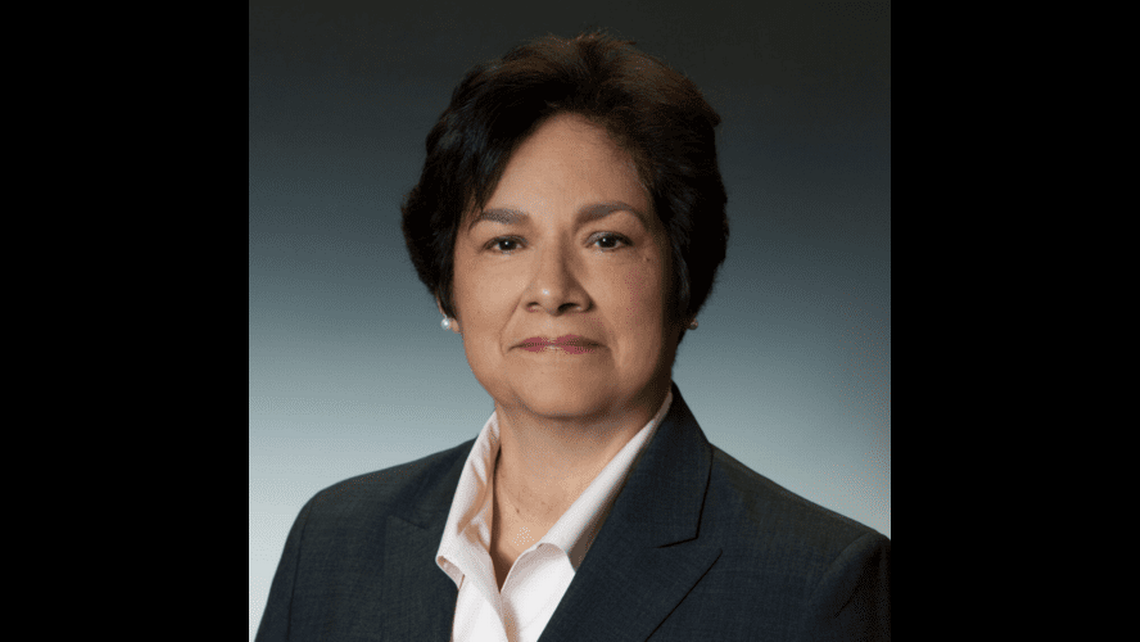Texas woman’s illegal voting conviction harms justice, democracy. A court must fix it | Opinion
Crystal Mason’s story shows our election system working. It also shows our justice system failing.
In 2016, Mason, a Tarrant County resident, showed up to vote in the presidential election and discovered she was not on the voter rolls. On the advice of a poll worker, she submitted a provisional ballot instead. This is a “just-in-case” option designed for circumstances exactly like hers: prospective voters, who in good faith show up at polling locations and whose eligibility to vote is uncertain.
Mason did not realize it at the time, but state officials later determined that she was ineligible to vote because she was on supervised release for a federal conviction. Her provisional ballot was rejected.
She made an honest mistake, with no intention of doing anything wrong, and her vote was never counted because the system worked as it was designed.

What did not work here was the criminal justice system. Mason was later arrested and convicted of voting illegally despite her actions not meeting a standard of intent. She was sentenced to five years in prison. This outcome was a grave injustice, far outside the bounds of any reasonable use of prosecutorial power.
As former U.S. attorneys who served in Texas — one in a Republican administration, one in a Democratic administration — we believe that the freedom to vote, faith in our elections and a fair justice system are not partisan issues. They are pillars of our democracy. Texas’ Second Court of Appeals in Fort Worth can strengthen these principles later this month when it examines Mason’s case.
This is the only known example of prosecution for incorrectly submitting a provisional ballot. Indeed, the Texas Legislature has since clarified that Texans may not be convicted of voting unlawfully “solely upon the fact that the person signed a provisional ballot.” There must be evidence to corroborate that he or she knowingly tried to cast an illegal vote.
To violate Texas’s illegal-voting law, a person must have “actual knowledge that it was a crime for her to vote.” Last year, Texas’s highest criminal court ordered the Second Court of Appeals to reconsider Mason’s case, disagreeing with a lower court that Mason’s unawareness of her eligibility to vote “was irrelevant to her prosecution.”
We trust the appeals court will right this wrong and reverse her conviction. That is why we are proud to join other former state and federal officials, including governors, state attorneys general, and U.S. attorneys, to file a friend-of-the-court brief urging the court to reverse the conviction.
Leaving Mason’s conviction in place would do nothing to make Texas elections more secure. Specifically, it would send the troubling message that casting a provisional ballot carries serious risk. That would disproportionately intimidate minority voters — in particular Black Texans such as Mason, who are more likely to use provisional ballots. The chilling effect in this case is even greater because Mason’s prison sentence is far harsher than other cases involving flagrant violation of Texas election laws.
In Tarrant County, where Mason was convicted, a justice of the peace admitted to turning in fake signatures to get on the ballot for re-election in 2018. He got off with probation. So did a Fort Worth woman who arranged for her son to vote under his father’s name in 2011.
In Harris County, two women admitted working together to cast a ballot in another person’s name in 2016. They were sentenced to one day in prison each. In 2012, a man voted in both Texas and Minnesota and then bragged about it on Facebook. He was fined $4,000.
These are intentional cases of voter fraud, which is extremely rare but which does exist. It should be prosecuted. But contrast those cases with Mason’s stiff sentence of five years in prison.
We also know that prosecution of voter fraud is extremely inconsistent across the country, and the heaviest penalties often fall on poor Americans and communities of color. Last year, The New York Times reviewed 400 voting-fraud charges filed since 2017 and found that prosecutions “are blue-moon events, and often netted people who didn’t realize they were breaking the law.” Crystal Mason certainly did not.
This is a clear case. The appeals court has an opportunity to correct an injustice, strengthen faith in our democracy and uphold fundamental principles of our elections and our justice system.
Sarah Saldaña is a former U.S. attorney for the Northern District of Texas, appointed by President Barack Obama, and an adviser to the States United Democracy Center, a nonprofit group that works to protect free and fair elections. Matt Orwig is a former U.S. attorney for the Eastern District of Texas appointed by President George W. Bush.








